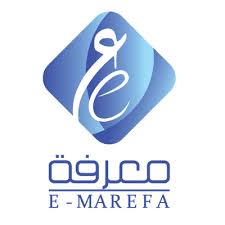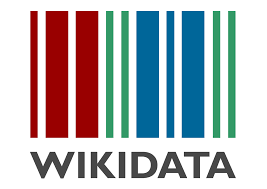Behaviors of EFL Students on Cyber Classes: Passive presence in Google Classroom; survey of causes and attitudes
DOI:
https://doi.org/10.36602/faj.2018.n11.14Keywords:
E-learning, Google Classroom, Classroom interaction, Educational technology, Educational incentivesAbstract
Technology-integrated classrooms enhance interaction between teachers and students by providing a flexible environment for meaningful discussions and knowledge exchange. This study aimed to investigate the reasons behind students’ limited participation in Google Classroom at Misurata University, as well as to explore their attitudes toward the use of this platform. A total of 58 English Department students from the Faculty of Arts participated in the study, which employed an online questionnaire. The findings revealed that limited technical knowledge, lack of tangible incentives (e.g., extra grades), and low language proficiency were the main barriers to active engagement. Nonetheless, the results also indicated that the majority of students held positive attitudes toward using Google Classroom in their learning.
References
Abukhattala, I. (2016) The Use of Technology in Language Classrooms in Libya. International Journal of Social Science and Humanity, Vol. 6(4), 262-267.
Alfred P. Rovai and Kirk T. Barnum (2003) On-Line Course Effectiveness: An Analysis of Student Interactions and Perceptions of Learning, Journal of Distance Education, Vol. 18 (1), 57-73
Alsowat, A. (2016) An EFL Flipped Classroom Teaching Model: Effects on English Language Higher order Thinking Skills, Student Engagement and Satisfaction. Journal of Education and Practice, Vol. 7 (9), 108-121. www.iiste.org
Arifah. (2014). Study on the use of technology in ELT classroom: Teachers perspectives. Department of English and Humanities. December 2014. Brac University, Dhaka, Bangladesh. Published Dissertation
Canning-Wilson, (2000) E-Learning, E-Teaching, E-Assessment: Aspects of Course Design for On-Line Web Based Courses Used with EFL/ESL Learners.
DiCicco, Kathleen M. (2016). The Effects of Google Classroom on Teaching Social Studies for Students with Learning Disabilities. Rowan Digital Works. Theses and Dissertations. Paper 1583.
Flakes, L. (2011) Maximizing Student Learning through a Cyber Classroom. Nagasaki University Comprehensive Environmental Studies, Vol. 14(1), 29-40
Graddol, David. 1997. The Future of English: A Guide to Forecasting the Popularity of the English Language in the 21st Century. London: British Council.
Patel, C. (2013). Use of Multimedia Technology in Teaching and Learning
communication skill”: An Analysis. International Journal of
Advancements in Research &Technology, Vol 2(7),116-123.
Downloads
Published
How to Cite
Issue
Section
License
Copyright (c) 2018 مصطفى سالم بريك

This work is licensed under a Creative Commons Attribution 4.0 International License.
All articles published from January 2025 onward are licensed under the Creative Commons Attribution 4.0 International License (CC BY 4.0), which permits use, sharing, adaptation, and redistribution for any purpose, including commercial ones, provided that proper credit is given to the original author and source, a link to the license is provided, and any changes made are indicated.













